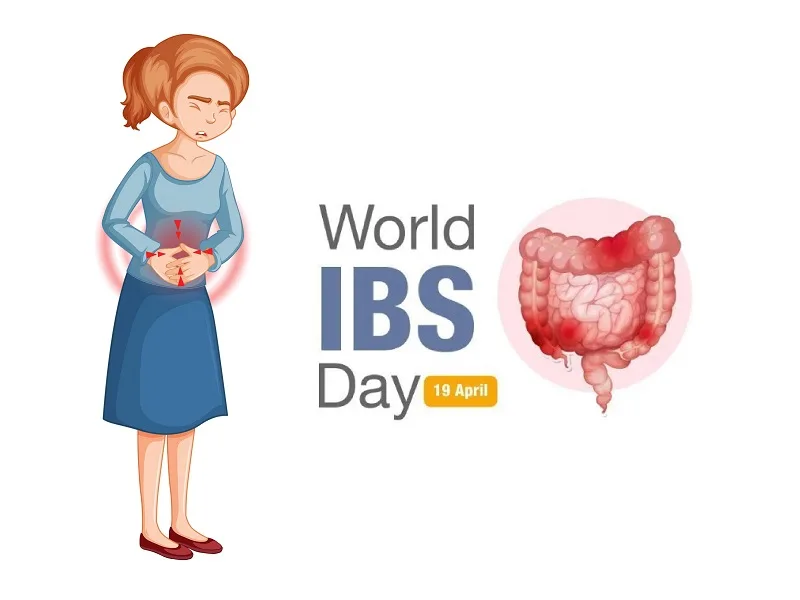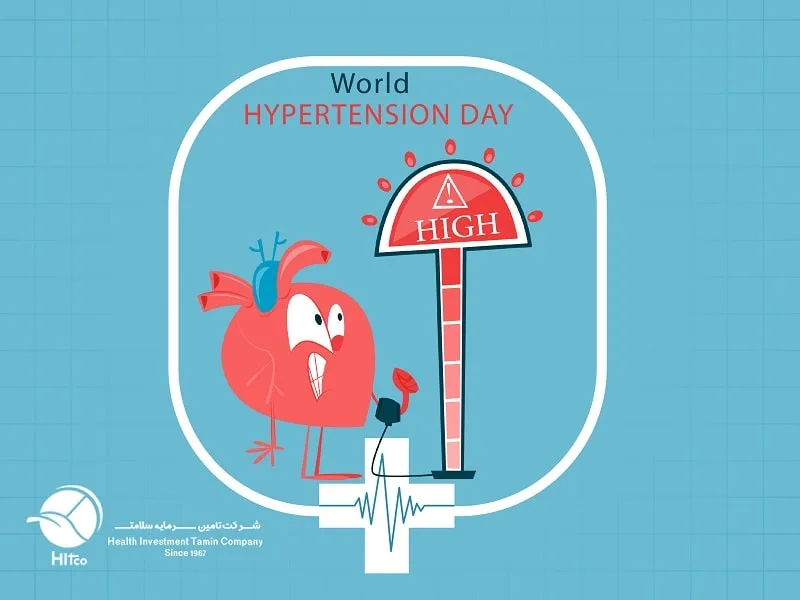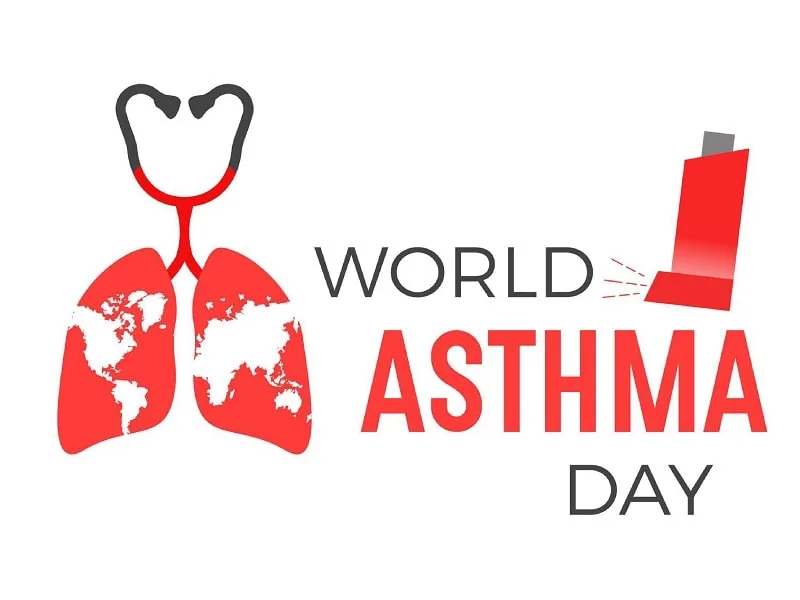World Irritable Bowel Syndrome (IBS) Awareness Day is a significant global healthcare event held on April 19th. This worldwide event is filled with awareness campaigns and various activities aimed at understanding early diagnosis, treatment, and preventive measures for Irritable Bowel Syndrome.
The Importance of World IBS Day Irritable Bowel Syndrome (IBS) is a functional gastrointestinal disorder characterized by abdominal pain, bloating, gas, and diarrhea or constipation or both. The prevalence of IBS in Western and Asian countries ranges between 4-5% and 1-10%, respectively. It is believed that its incidence in India may be 4-7%, and this percentage is increasing.
Early screening for IBS, especially in at-risk populations, can be instrumental in timely and accurate diagnosis, which, in turn, may reduce the considerable economic burden and human cost of this disorder.
Public awareness of IBS can help patients manage their symptoms and seek timely medical care for effective diagnosis and treatment.
This year’s theme for World IBS Day In 2024, the theme for World Irritable Bowel Syndrome Awareness Day is “Light Up the Sky for IBS.” This theme will be accompanied by illuminating buildings, bridges, and waterfalls on April 19th. As a result, the night sky will be brightened with these illuminations.
Below, we will delve into the symptoms, risk factors, and triggers to further familiarize ourselves with this condition.
What is Irritable Bowel Syndrome (IBS)? Irritable Bowel Syndrome (IBS) is a common disorder in which the stomach and intestines are affected, resulting in symptoms such as abdominal pain, bloating, gas, and diarrhea or constipation or both. This condition is chronic and requires long-term management.
Only a small percentage of individuals with IBS experience severe symptoms. Others can manage their symptoms through dietary modifications, lifestyle changes, and stress reduction. More severe symptoms can be managed with medication and counseling.
The Most Common Symptoms of Irritable Bowel Syndrome Abdominal pain, cramping, or bloating associated with bowel movements Changes in bowel habits Changes in stool consistency Other associated symptoms may include feeling of incomplete evacuation and increased gas or mucus in the stool When to See a Doctor If you have persistent changes in bowel habits or other IBS symptoms, consult a doctor. These symptoms may indicate a more serious condition such as colorectal cancer.
Serious symptoms include:
Unexplained weight loss Diarrhea at night Rectal bleeding Iron deficiency Unexplained vomiting Pain that doesn’t get better with passing gas or bowel movements Causes of Irritable Bowel Syndrome The exact cause of Irritable Bowel Syndrome is unclear. However, factors believed to play a role include:
Muscle contractions in the intestine. The walls of the intestines are lined with layers of smooth muscles that contract as food moves through your digestive tract. Stronger and longer contractions than normal can cause gas, bloating, and diarrhea. Weak contractions can slow food passage and lead to hard, dry stools.
Nervous system. Problems in the gut-brain interaction can cause discomfort. Poor coordination of signals between the brain and intestines can cause your body to overreact to changes that normally occur in the digestive process. This can lead to pain, diarrhea, or constipation.
Severe infection: IBS can occur after a severe bout of diarrhea caused by bacteria or a virus. This is called gastroenteritis. IBS can also occur with an overgrowth of bacteria in the intestines (bacterial overgrowth).
Primary life stressors. Individuals exposed to stressful events, especially in childhood, are more likely to experience IBS symptoms.
Changes in gut microbes. For example, changes in bacteria, fungi, and viruses that normally inhabit the intestines and play a key role in health. Research shows that microbes in individuals with IBS may differ from those in people without IBS.
IBS Triggers IBS symptoms can be triggered by the following:
Food. The role of food allergies or intolerances in IBS is not fully understood. A real food allergy rarely causes IBS. However, many people have worse IBS symptoms when eating or drinking certain foods or drinks. These foods include wheat, dairy products, citrus fruits, beans, cabbage, milk, and carbonated drinks.
Stress. Most people with IBS experience worse or more symptoms during periods of increased stress. While stress can worsen symptoms, it is not the primary cause.
Risk Factors Many people experience occasional IBS symptoms. However, the following individuals are at increased risk for more symptoms of this condition:
They are young. IBS occurs more frequently in people under 50 years of age.
They are women. In the United States, IBS is more common among women. Hormone therapy before or after menopause is also a risk factor for IBS.
They have a family history of IBS. Genes may play a role, such as common factors in the family environment or a combination of genes and the environment.
They have anxiety, depression, or other mental health problems. A history of sexual, physical, or emotional abuse may also be a risk factor.
Complications of Irritable Bowel Syndrome Chronic constipation or diarrhea can lead to hemorrhoids. In addition, IBS is associated with the following complications:
Poor quality of life. Many people with IBS report poor to severe quality of life. Research shows that people with Irritable Bowel Syndrome are three times more likely to miss workdays than people without bowel symptoms.
Mood disorders. Experiencing IBS symptoms can lead to depression or anxiety. Depression and anxiety can also exacerbate IBS.
Reference: Mayoclinic _ Pacehospital








